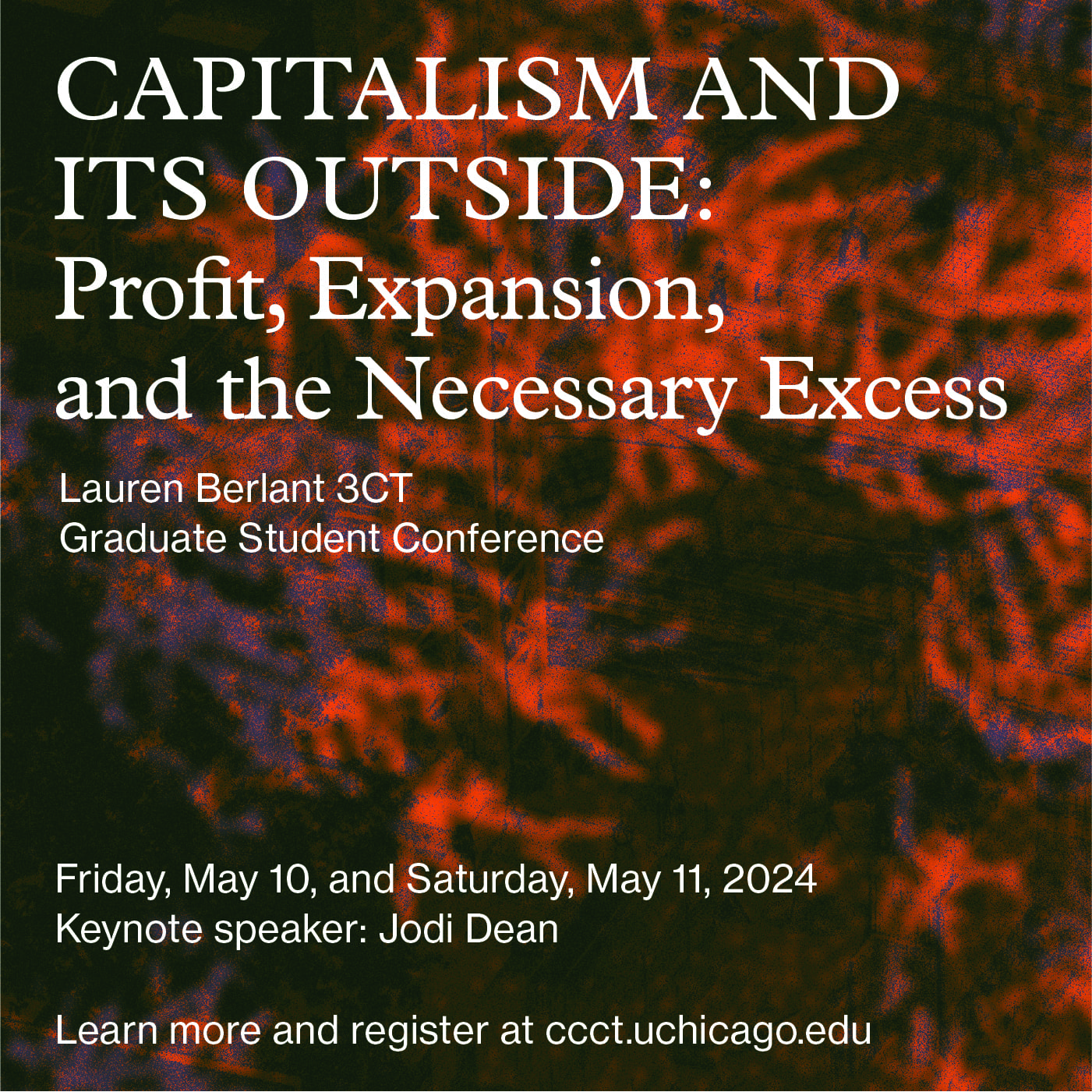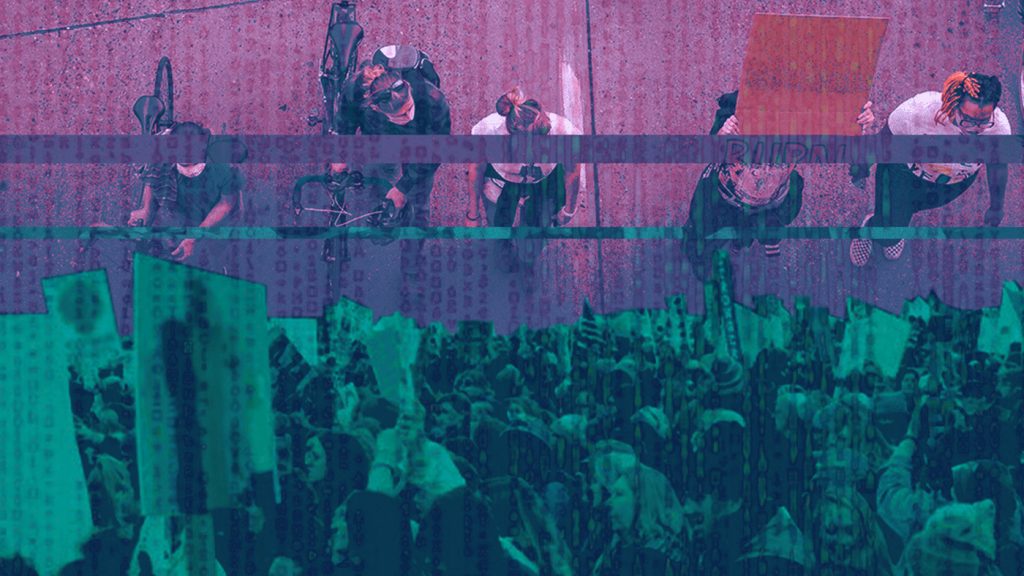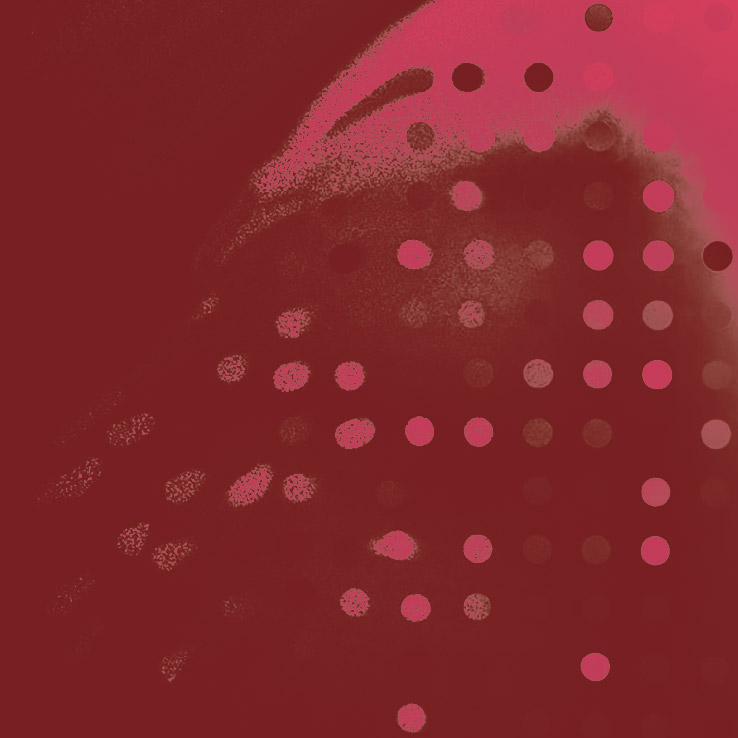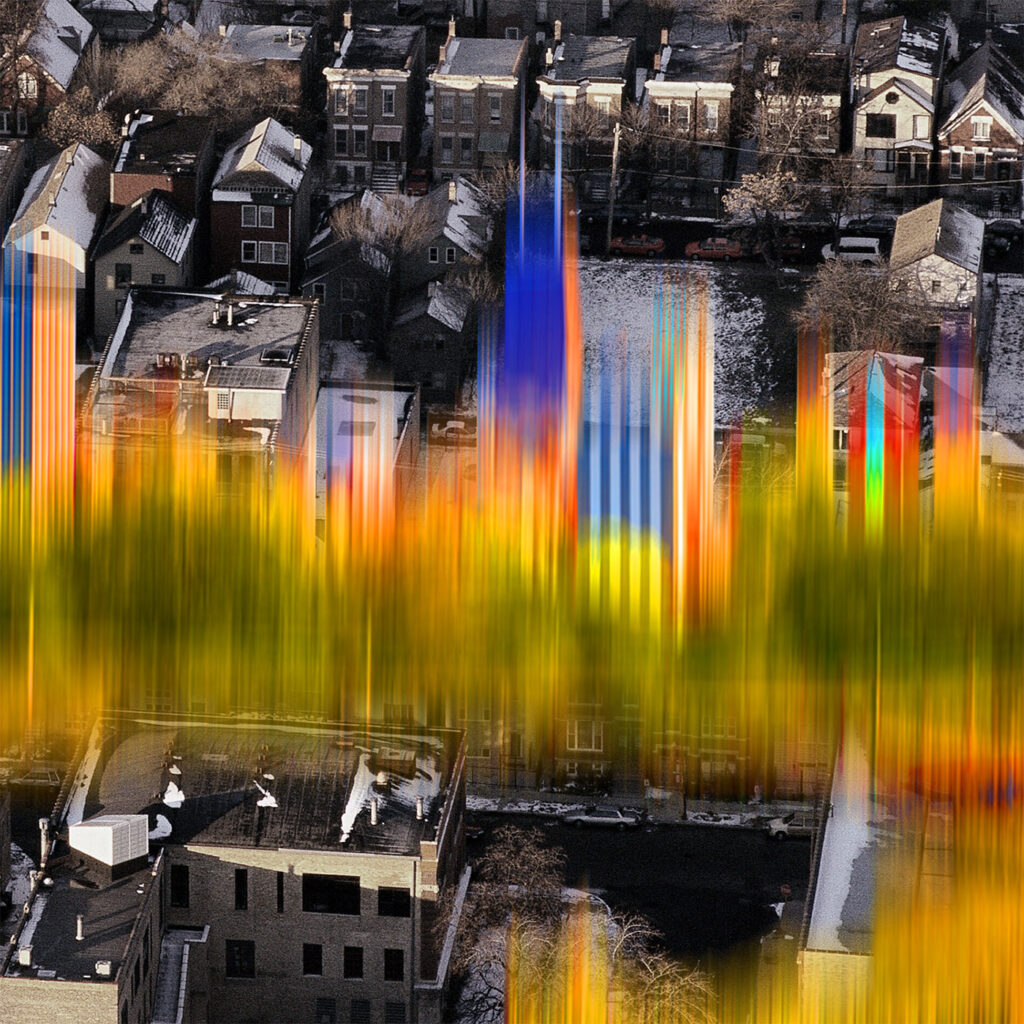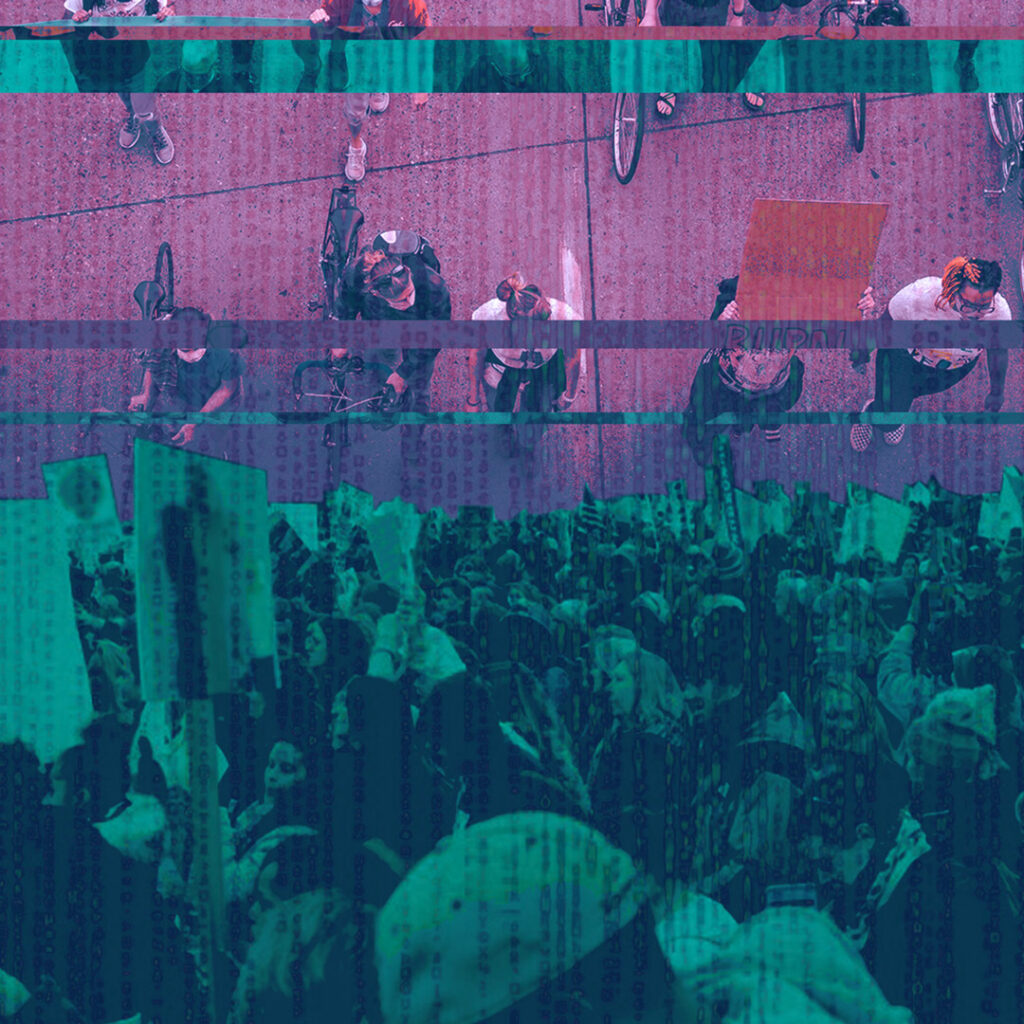Categories
Capitalism and Its Outside: Profit, Expansion, and the Necessary Excess
Friday, May 10, 2024, 10:00am–6:00pmSaturday, May 11, 2024, 10:00am–4:30pm
Keynote lecture: Jodi Dean
Becoming Neofeudal: Changing laws of motion on the social manor
Friday, May 10, 2024, 10:30am–12:00pm
—
Capitalism, endowed with remarkable elasticity and propagandistic power, is a mode of production whose drive aims to devour the planet, subsuming all other forms of life under its logic. It tolerates no antagonistic other alongside itself. However, it is also the first economic form that is unable to stand alone, without a non-capitalist outside as its necessary lifeline: surplus populations, speculative non-market spheres, unpaid labor, the precariat, economies of waste, carceral extraction, money markets, and technoeconomic platforms are only a few illustrative realms.
As Rosa Luxemburg argued more than a century ago, the uneven relation between capitalist and non-capitalist formations is not merely a prerequisite for capital’s genesis but an essential condition for its ongoing accumulation and maturation. Capital draws life from the erosion of its very sine qua non. As it rides varying vectors and velocities, one fraction of capital might undermine the endurance of another, if not interrupt its own conditions of possibility altogether (Gidwani, 2008; Wark, 2019). Capitalism, thus, finds itself in chronic exertion against entropy.
From the viewpoint of such contradictions and excesses, as matters of inner determination (Mészáros, 2012; Saito, 2022) and systematic necessity, how has capitalism’s outside been reconfigured, and what has it come to extrude in the world today? How does it bear upon twenty-first-century capitalist logic, social relations of production, and attendant ideological workings? Given especially shifts in the labor market, ecological rifts on massive scale, phenomena like “cloud capital” (Varoufakis, 2023) and “bullshit jobs” (Graeber, 2018), how can the various manifestations and pressures of capital’s necessary excesses be theorized? Has capitalism perfected its modus operandi, managing so well its own fallout, that it has begun to morph beyond itself? Are we amid fundamental shifts in capitalist regimes of value and their profit-driven logic? Or is this yet another stage of an ever-aging capitalism?
FRIDAY, MAY 10, 2024
10:00—10:30am — Breakfast and Welcoming Remarks
10:30am—12:00pm — Keynote Lecture
Jodi Dean
“Becoming Neofeudal: Changing laws of motion on the social manor”
Stuart Hall 104
12:00—1:00pm — Lunch
1:00—2:30pm — Climatic and Technoscientific Frontiers of Capital
Ashima Mittal, University of Chicago
“Atmospheric Imperialism and the Reification of Nature”Hayley Birss, University of Toronto
“The Vertical Farm: Modularity and Settler-Colonial Logic”Casey Mathur, University of Chicago
“Typologies of Fossil Capitalism”Faculty moderator: Joseph Masco, University of Chicago
2:30—2:45pm — Break
2:45—4:15pm — Spatial Orders of Dispossession, Displacement, and Excess
James Bradley, University of Chicago
“Trading Trash in the Era of Perpetual Crisis: Managing Consumer Waste Across Temporalities”William Conroy, Harvard University
“The Hidden Abodes of Urbanization”Jack Davies, University of California, Santa Cruz
“Fields of Unemployment and the Field of Employment: Settler Colonialism in Early-Nineteenth-Century Political Economy”Faculty moderator: François G. Richard, University of Chicago
4:15—4:30pm — Break
4:30—6:00pm — (Un)Free Labor, Precarious Labor, Dead Labor
Ankit Sharma, University of California, Santa Cruz
“World(s) of Precarity: Surplus Workers at the Heart of Industries and labor Action in India”Nicolae Biea, University of Chicago
“The Perfect Slave: A Political Theory of Automation”Kate Reed, University of Chicago
“Coercing Free Labor: Contracts, Debt, and Dependence in British Honduras, 1847-1900”Faculty moderator: Joy Wang, University of Chicago
6:00—7:00pm — Reception
SATURDAY, MAY 11, 2024
10:00—10:30am — Breakfast
10:30am—12:00pm — Monetary Regimes of Finance Capital
Stefan Macleod, University of Toronto
“Karl Polanyi and the Normative Orders of Global Finance”Emma Pask, University of Chicago
“Cattle Money: Texas’ Counterrevolutionary Economy, 1839 and Now”Nic Johnson, University of Chicago
“Dealing With it all: Limits to the Politics of Liquidity”Faculty moderator: Chiara Cordelli, University of Chicago
12:00—1:00pm — Lunch
1:00—2:30pm — Aesthetic Registers of Capitalist (Re)Production
Wolfgang Boehm, University of Chicago
“Counterfeiting: Symmetries of Money, Photography, and Cinema”Paola Del Toro, Princeton University
“The Reenactment Zone: Surplus Labor and Nathan Fielder’s Monotone”Tyler Lutz, University of Chicago
“Unruling the Earth: Empire in the Cartographic Void”Faculty moderator: Lisa Wedeen, University of Chicago
2:30—2:45pm — Break
2:45—4:15pm — Class Formations and Class Struggle
Navid Mazidabadifarahani, University of Chicago
“Militant Milieux: Political Prefiguration Among Parisian Youth Protestors”Poornima Rajeshwar, Stanford University
“Shifting Landscapes of Labor Politics: From Union Bargaining to Legal Redressal”Isa Lappalainen, Uppsala University/University of Pennsylvania
“The Petit-Proprietary Critics: From Aristocratic Liberals to Karl Marx”Faculty moderator: Daragh Grant, University of Chicago
4:15—4:30pm — Wrap-up
Jodi Dean is an American political theorist and professor in the Political Science department at Hobart and William Smith Colleges. She held the Donald R. Harter ’39 Professorship of the Humanities and Social Sciences from 2013 to 2018. She is the author and editor of thirteen books. Her most recent book is titled Comrade: An Essay on Political Belonging (Verso, 2019).
Organized by Hadeel Badarni, Arwa Awan, and 3CT with support from the Center for the Study of Race, Politics, and Culture; the Pozen Family Center for Human Rights; the Committee on Environment, Geography, and Urbanization; the Department of Political Science; and the Marion R. & Adolph J. Lichtstern Fund at the Department of Anthropology.
This event is free and open to the public, and registration is recommended. Please email us at ccct@uchicago.edu if you require any accommodations to enable your full participation.
